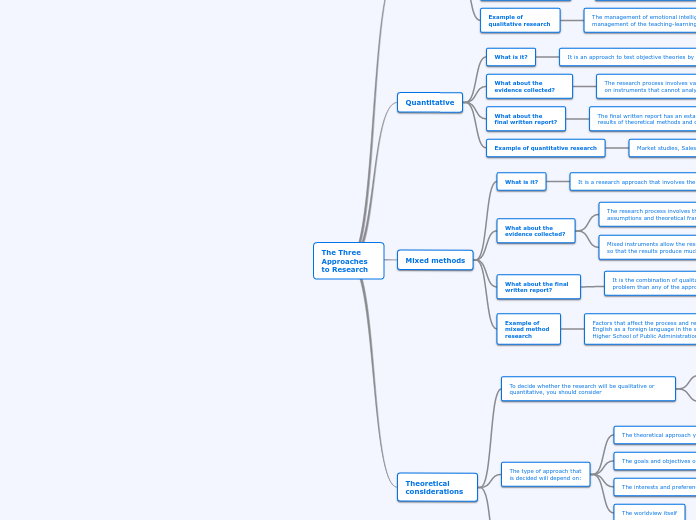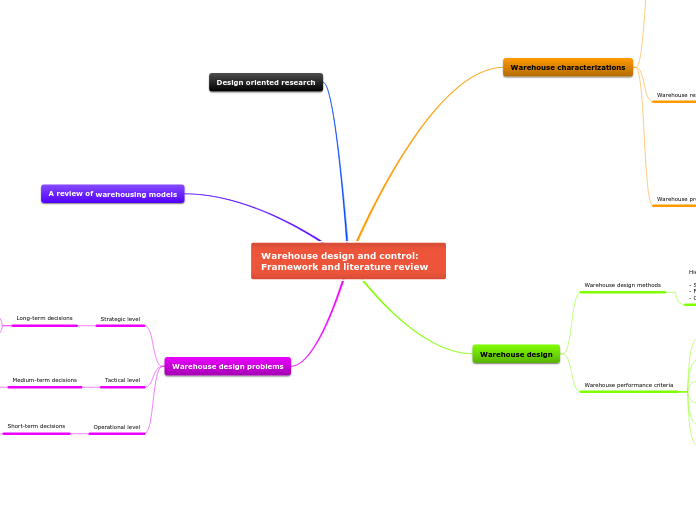Waste Management
3.Results and discussion
Impediments to prefabrication
5 significant barriers
5)conflict with construction practice
4)lack of on-site cast yard area
3)lack of incentives
2)conflict with traditional design process
1)need for specification change
Comparision between conventional and precast construction
The advantages of traditional construction over precasting one are as follows:
1)maximize returns,
2)reduce the overall project cost, and
3)reduction of waste
The most important benefits when using precasting compared with traditional construction are:
1)waste reduction
2)improved quality control
Waste reduction level in prefabricated buildings
suggesting that the use of prefabrication and system framework were not the only means of reducing construction waste
implementation of trip ticket system
adoption of waste management plan
discussing the factors affecting the effectiveness of waste reduction level, including
1)prefabrication is a relatively new construction method to private sector in HK construction industry
2)waste generation quantities significantly varied from project to project
Construction waste generation on building sites and waste reduction methods
analysing the results of the survey: waste generation in constructional industry are probably related to the
1)construction method selection,
2)the availability of on-site sorting and
3)recycling facilities for construction waste, and
4)the level of education and training of the workers
4.Conclusion
but, on the other hand, further ivestigations should be carried out to examine its limitation
1 reason
Wastage reduction levels are generally higher in projects from the public sector
a wider application of prefabrication techniques in building construction in HK is beneficial
2 reasons
Waste reduction could be one of the main benefits when using precasting methods compared with conventonal construction
Prefabrication is a possible solution to major causes of waste arising during both the design and construction stages
2.Methodology
showing and explaining the methods used in data collection
investigation over recent
interviews with professionals
questionnaire survey
1.Introduction
Waste reduction and prefabrication
explaining the idea of prefabrication and ways to achieve waste reduction
reduce timberwork: a major contributor to construction waste
Prefabrication: a manufacturing process, generally taking place at a specialised facility where various materials are joined to form a component of the final installation
The construction industry in HK
focusing on the problems brought by the industry that produces the greatest amount of waste---construction industry
it creates environmental nuisances such as noise, dust, muddy run-offs, and a great amount of waste
CIRC report provides 109 recommendation for it
being described as"labour intensive, dangerous and polluting"
Government achievement
pointing out the strategies that the government use and their effectiveness
trip ticket system
polluter pays principle
waste management plans
Construction waste management in HK
introducing the waste management methods adopted in HK now
lack reduction measures
mainly use public landfill area
identifying different kinds of waste
non-insert waste
construction waste
sustainable construction and waste reduction
defining concepts like waste minimisation and sustainable construction
Waste minimisation: a process which avoids, eliminates or reduces waste at its source or permits reuse/recycling of the waste for benign purposes
sustainable construction: the creation and responsible management of a healthy built environment based on resource efficient and ecological principles









